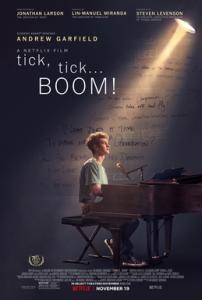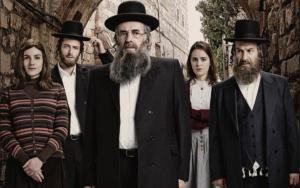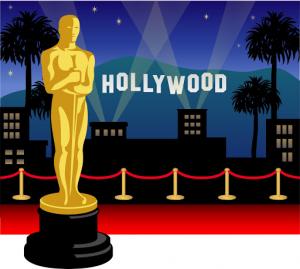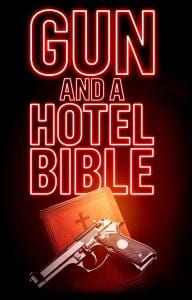Not long after midnight on March 27, 1996 seven Trappist monks were kidnapped from the monastery of Our Lady of Atlas in Tibhirine, Algeria. After two months in captivity, they were beheaded; their bodies were never found. The monastery was begun in 1934 and located 272 miles south east of the capital of Algiers. The murders of these priests counted among the estimated 150,00-200,000 Algerian people who were killed during the Algerian Civil War 1991 – 2001, among them nuns, priests, and at least one bishop. The conflict ended with government victory over two Islamic militaristic groups though armed incidents continue even today.
The film, by the prolific French filmmaker Xavier Beauvois, captures the monks’ simple life of work and prayer. Of Gods and Men won the Grand Prize at the Cannes Film Festival in 2010. It reminded me of Philip Groning’s fascinating 2005 film Into Great Silence about life in the Grande Chartreuse, the main house of the Carthusian Order. Yet in many ways Of Gods and Men is reminiscent of the style of the famous Danish filmmaker Carl Theodor Dreyer (1889 – 1968), especially in his 1955 film Ordet. Dreyer filmed the stark, unadorned fundamentalist Protestant lifestyle of a farming family in a crisis of faith and the possibility of miracles.
The superior, Fr. Christian (Lambert Wilson), even helps people with government paperwork. An elderly monk is a doctor and cares for the people who come to him. The others farm the rough terrain and tend beehives. The people, especially the women and children, genuinely care for the monks. The community will have its crisis and their legacy of faith and charity in utter simplicity is the miracle.
One of the most meaningful and memorable scenes in the film is when the brothers take Christian to task for not including the community in his decision that they will not leave the country or accept government protection. They are also afraid because Christian refused to help guerillas that wanted a doctor and medicine for their injured. For anyone considering religious life, this community meeting is portrayed authentically. It reflects the inner conflicts and tensions of power, the fraternity and love that unites a religious community, and the humility that is essential for wisdom to emerge.
It turns out that some do wish to leave, a few at a time, while others want to stay. Ultimately, they all remain. As Christian explains to Christophe (Olivier Rabourdin), who is strongly inclined to depart: they made their decision to stay when they made their vows to Christ. Death, he implies, is a matter of when and with what interior disposition we embrace it, not geography.
The chapel centers the film and the Divine Office provides a rhythmic framework for the narrative. The soundtrack is haunting and the monk’s chant other-worldly yet plain.
A mystical scene towards the end, filled with all the grace and transcendence that cinema can offer, signals that these monks, gathered as a community, are prepared for whatever their love for God will ask of them. It is a promise of a celestial banquet. Their meals are always taken in silence, but here the monks share wine in blithe silence as they listen and move to the dramatic theme of Swan Lake. This is their anointing, joy and music conferring strength when fear hovers just below the surface. For the brothers are innocent white swans that will die for the One they love and God’s poor, with whom they have shared faith through presence and good works. They have become who they say they are.
This two-hour film is without violence but taunt with the expectation of what is to come. The acting is fine, and we feel as if we know these ordinary men who have followed a rare call to holiness is the desert of monastic life in a hostile, far away country.
Of Gods and Men opens February 25 and is in French and Arabic with English subtitles.













